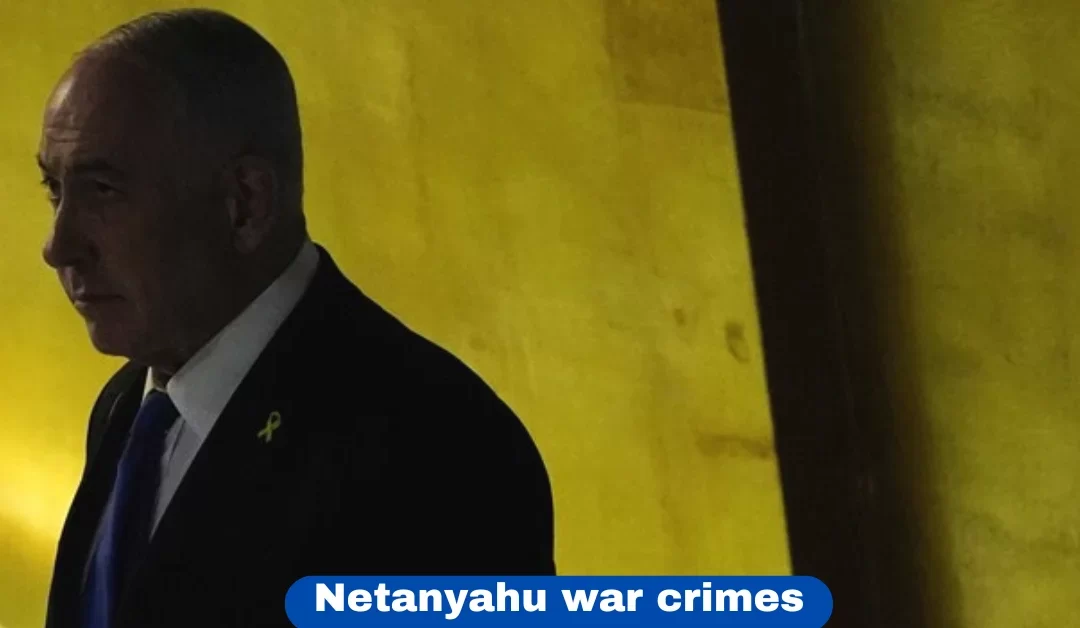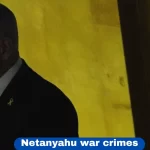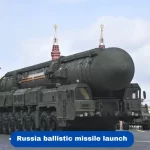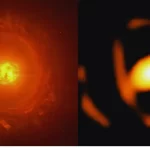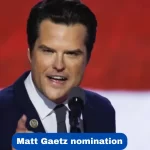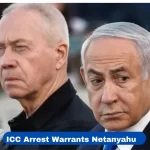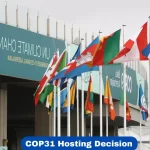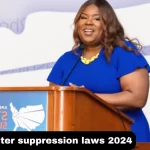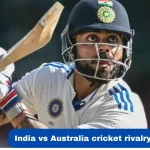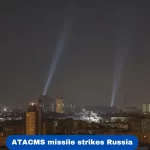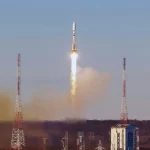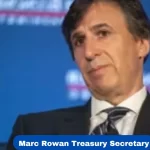Arrest Warrants for Israeli Leaders Netanyahu and Gallant
The International Criminal Court (ICC) made a historic move by issuing arrest warrants for Israeli Prime Minister Benjamin Netanyahu and former Defense Minister Yoav Gallant. This decision has been welcomed by Palestinians, who see it as a step toward justice for the suffering caused during the ongoing conflict in Gaza.
Netanyahu and Gallant are accused of serious crimes, including war crimes and crimes against humanity. This marks the first time the ICC has targeted top officials from a Western-allied nation since its founding in 2002. The court has also issued a warrant for Mohammed Deif, a senior Hamas military leader, alleging his involvement in crimes during the ongoing conflict. However, Hamas has not confirmed his death, despite Israel claiming he was killed earlier this year.
The Significance of the Arrest Warrants
The Palestinian Authority (PA) sees this as a significant moment in their fight for justice. They emphasized that Palestinians are facing severe war crimes, including mass displacement, starvation, and collective punishment. Since the October 7 attacks by Hamas, Israeli airstrikes in Gaza have reportedly resulted in the deaths of nearly 45,000 Palestinians. The PA hopes the ICC’s decision will renew global trust in international law and hold those responsible for such atrocities accountable.
The PA has called on all United Nations member states to support the enforcement of these arrest warrants. They urged countries to sever ties with Netanyahu and Gallant and treat them as international fugitives. The ICC’s ruling aligns with the PA’s ongoing push for global recognition of the plight of Palestinians.
Global Reactions to the ICC Decision
The ICC’s move has sparked widespread debate among global leaders. Josep Borrell, the European Union’s top diplomat, stated that the ICC’s decisions are binding on all member states of the Rome Statute, the treaty that created the court. Borrell’s statement highlighted the responsibility of EU member nations to act in accordance with the ICC’s ruling.
On the other hand, Netanyahu strongly condemned the ICC’s decision, calling it “antisemitic.” He warned that it could lead to serious consequences for the court and any nation that cooperates with it. Israel, notably, is not a member of the ICC, which adds complexity to enforcing the arrest warrants.
A Step Toward Justice or Political Controversy?
The arrest warrants raise questions about international law and the role of the ICC in addressing conflicts involving powerful nations. For Palestinians, this is a chance to shine a light on their suffering and demand accountability for the violence that has displaced millions and destroyed communities.
However, Netanyahu’s response reflects the deep divide over the ICC’s authority. His long tenure as Israel’s leader and his significant political influence make this case particularly challenging to navigate.
The ICC’s decision to issue arrest warrants for Benjamin Netanyahu, Yoav Gallant, and Mohammed Deif marks a pivotal moment in the pursuit of justice. For Palestinians, it offers a glimmer of hope for accountability. Yet, the global community must decide how to enforce these rulings amid strong resistance from Israel. As this situation unfolds, the world watches to see whether international law will prevail or if political pressures will sideline these efforts.

